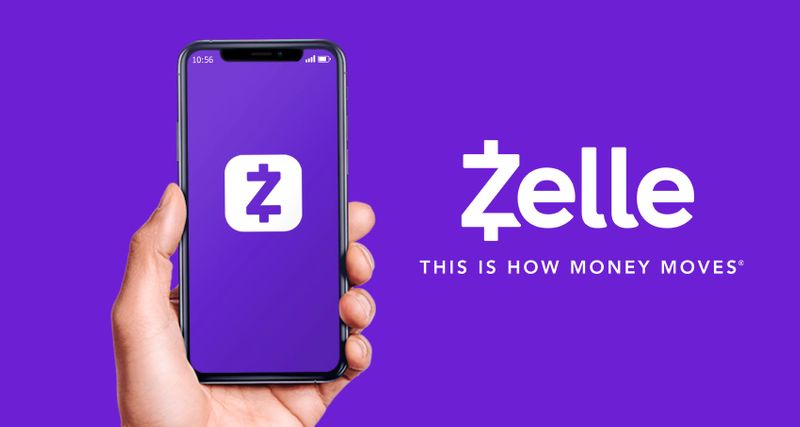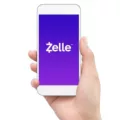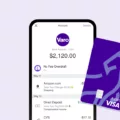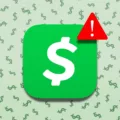Zelle is a popular banking payment service that has gained a lot of popularity in recent years. It allows for quick and easy transactions between individuals, making it a convenient way to send or receive money. However, with any service that involves money, there is always the risk of fraud and scams.
One common scam involves receiving money from someone you don’t know on Zelle. While it may seem like a stroke of luck, it’s important to be cautious and consider the possibility that it could be a scam.
The first step is to verify the identity of the person who sent you the money. If you don’t recognize the name or email address, it’s possible that it could be a fraudulent transaction. Contact the sender and ask for more information about the transaction and their reason for sending the money. If they are unable to provide a satisfactory explanation, it’s best to cancel the transaction immediately.
If the sender is legitimate but you still feel uncomfortable accepting the money, you can always decline the transaction. Zelle allows for refunds and cancellations, so it’s important to act quickly in order to avoid any potential fraud.
It’s also important to regularly monitor your account for any unauthorized transactions. If you notice any suspicious activity, contact Zelle’s customer support immediately to report the issue and take appropriate action.
While Zelle is a convenient and easy way to send and receive money, it’s important to be cautious and vigilant when it comes to potential scams and fraud. Always verify the identity of the sender and never hesitate to cancel or decline a transaction if you feel uncomfortable or suspicious. By taking these precautions, you can help protect yourself and your finances from potential fraud.

What to Do When You Receive Money from a Stranger on Zelle
If a stranger sends you money on Zelle, you should be cautious and avoid accepting the transaction if you don’t know the person. It’s important to remember that Zelle transactions are typically instantaneous and irreversible, so if you receive funds from someone you don’t know, you could be at risk of a scam or fraud.
If you receive an unexpected payment on Zelle, you should contact the sender immediately to confirm the reason for the transaction. If the sender is unknown or you suspect that the payment is fraudulent, you should decline the transaction and report it to your bank or Zelle’s customer support team.
Additionally, you should never share your Zelle login credentials or other personal information with anyone, as this could make you vulnerable to identity theft or other types of financial fraud. By staying vigilant and taking appropriate precautions, you can help protect yourself and your finances from potential scams and other security threats on Zelle or any other digital payment platform.
Risk of Being Scammed When Receiving Money Through Zelle
It is possible to get scammed when receiving money on Zelle, especially if you do not know or trust the person who is sending you money. Scammers may use a variety of tactics to trick you into giving them access to your Zelle account or personal information, such as sending phishing emails or text messages that appear to be from Zelle or your bank.
Some common Zelle scams include:
– Fake buyer scams, where a scammer pretends to be interested in buying something from you but sends you a fraudulent payment on Zelle.
– Overpayment scams, where a scammer sends you more money than you asked for and asks you to send back the difference via Zelle, only for the original payment to bounce and leave you out of pocket.
– Romance scams, where a scammer poses as a romantic interest and asks you to send them money via Zelle.
If you do fall victim to a Zelle scam, it can be difficult to get your money back, as Zelle transactions are typically instantaneous and irreversible. However, you should report the fraud to your bank as soon as possible and provide any evidence you have, such as emails or text messages from the scammer. Your bank may be able to reverse the transaction or help you recover your funds, but there is no guarantee.
The Risk of Being Scammed Through Receiving Money
You can get scammed if someone sends you money. Scammers often use this tactic to gain your trust and then ask you to send the money back or give them access to your bank account. They may also ask for personal information such as your social security number or credit card details. If you receive money from someone you don’t know or weren’t expecting, be cautious and do not share any personal information or send money back without verifying the transaction. It’s always best to confirm the legitimacy of the transaction with the sender before taking any action. Additionally, be wary of any unsolicited offers for money or prizes and always research the company or organization before providing any personal information or sending money.
What to Do When Receiving Random Money
When an individual sends you money randomly, it is important to take appropriate measures to ensure that the transaction is valid and does not result in any fraudulent activity. Here are the steps you can take:
1. Check the transaction details: Review the transaction details to ensure that it is legitimate and not a mistake. Verify the sender’s name, the amount, and the purpose of the transaction.
2. Contact the sender: If you know the sender, reach out to them and ask about the transaction. It is possible that they may have sent the money by mistake or as a gift.
3. Decline the transaction: If you do not know the sender or suspect any fraudulent activity, it is best to decline the transaction. You can contact the app’s customer support to report the issue and request that the transaction be canceled.
4. Return the money: If you have accepted the transaction, but later realize that it was sent by mistake or fraudulently, return the money to the sender immediately. You can do this by using the app’s refund feature or by contacting the app’s customer support.
5. Secure your account: If you suspect any fraudulent activity, change your account password and enable two-factor authentication to secure your account.
It is important to be cautious when receiving random transactions and take appropriate measures to ensure that your account and personal information are secure.
Conclusion
Zelle is a convenient and popular payment service that allows users to send and receive money quickly and easily. However, as with any financial tool, there is a risk of fraud and scams. It is important for users to be aware of the risks, and to take steps to protect themselves, such as verifying the identity of the sender and being cautious of unsolicited messages or notifications. If you do fall victim to a Zelle scam or unauthorized transaction, it is important to act quickly by contacting the app’s customer support or your bank directly. By taking these precautions, users can continue to enjoy the benefits of Zelle while minimizing the risks.







